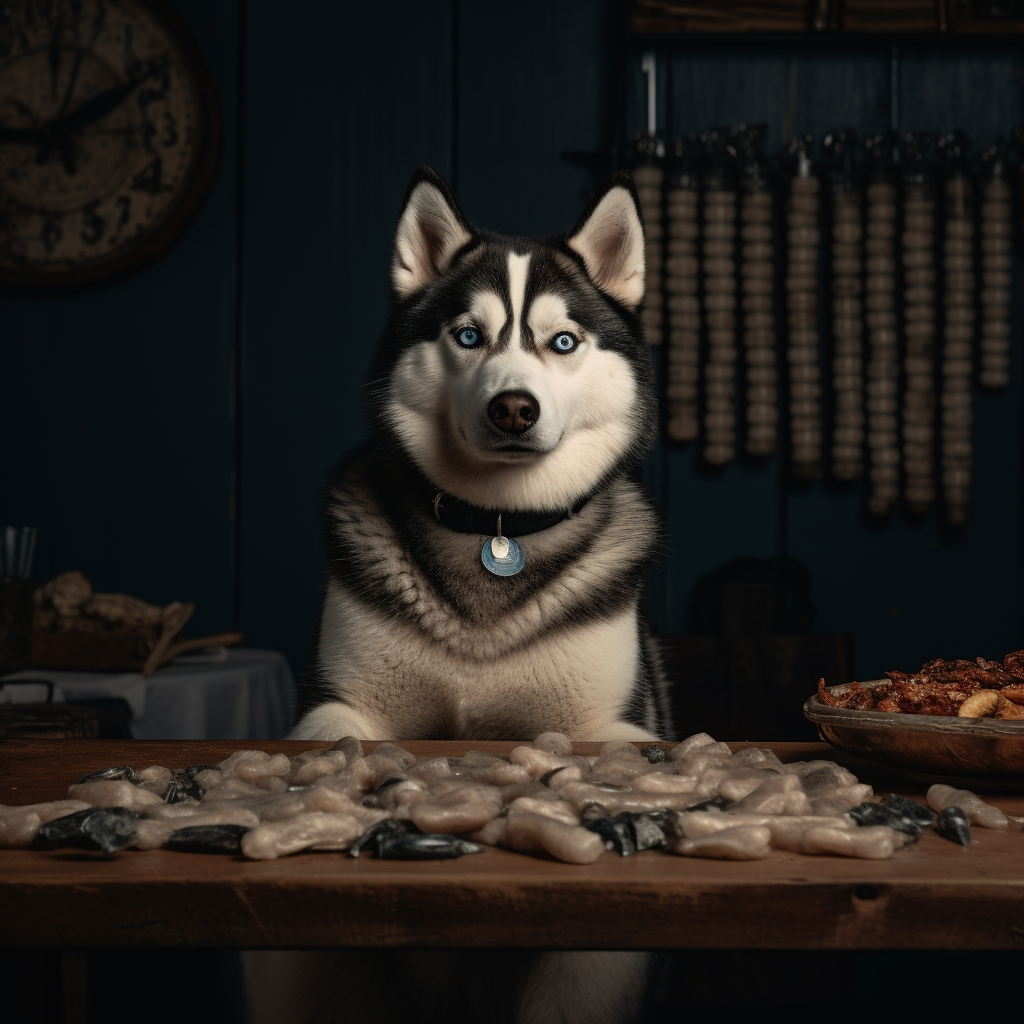Can Dogs Eat Scallops?

Scallops and Dogs: A Comprehensive Look
Scallops, marine bivalve mollusks known for their delicate flavor and high nutritional value, are a favorite choice for seafood lovers. But can dogs partake in this delicacy, and if so, how should they be prepared?
Health Implications of Scallops
From a nutritional perspective, scallops can be beneficial to dogs. They are a low-fat source of protein, supplying essential amino acids needed for your dog's muscle health. They also contain a significant amount of essential minerals, including selenium, zinc, and magnesium. Moreover, scallops provide omega-3 fatty acids, which promote heart health and improve skin and coat conditions in dogs.
However, when feeding scallops to your dog, the cooking method and source matter significantly. Raw scallops, although generally safe, may harbor harmful bacteria and parasites. Proper cooking or freeze-drying eliminates these potential risks, making scallops safer for your dog to consume. Furthermore, the fresher the scallops, the better, as fresh scallops are less likely to contain high levels of harmful bacteria.
Other Seafood Options for Dogs
Just like scallops, other shellfish like clams, mussels, oysters, and shrimp can be safe and nutritious options for dogs when prepared appropriately. They should be thoroughly cooked or freeze-dried to eliminate any potential pathogens. However, always remember to consult your veterinarian before introducing new seafood to your dog's diet.
Recommendations for Feeding Scallops to Dogs
When feeding scallops to your dog, ensure they are either thoroughly cooked or freeze-dried. This preparation eliminates any potentially harmful bacteria or parasites that could harm your dog. Fresh scallops are the optimal choice, and adding them occasionally to your dog's diet can provide an excellent source of lean protein and beneficial nutrients.
Optimal Diet for Canine Health
In the context of a Whole Prey diet, scallops, along with other shellfish, fit right in. This diet focuses on providing nutritionally rich animal-based foods, reflecting the diversity of a wild canine's diet:
-
Organ meats: These are nutrient-dense parts of animals that provide a range of beneficial nutrients. For example, the liver is high in iron and B vitamins, while kidneys provide essential B12 and riboflavin.
-
Different protein sources: These may include cooked pork, beef, or even seafood like scallops, each offering high-quality protein and a unique blend of nutrients.
-
Additional components: These include bone broth, which contributes natural collagen for joint health and digestion, and chicken cartilage, rich in glucosamine and chondroitin for joint health and flexibility.
When appropriately incorporated, the Whole Prey diet can support improved dental health, healthier skin and coat, better digestion, and a more robust immune system.
Conclusion
In conclusion, dogs can safely eat scallops when they are fresh and prepared properly, either cooked or freeze-dried. Incorporating scallops as part of a balanced Whole Prey diet can provide your dog with valuable nutrients, promoting their overall health and wellbeing. Always consult with your vet when introducing new foods into your dog's diet to ensure they are safe and beneficial.



Comments